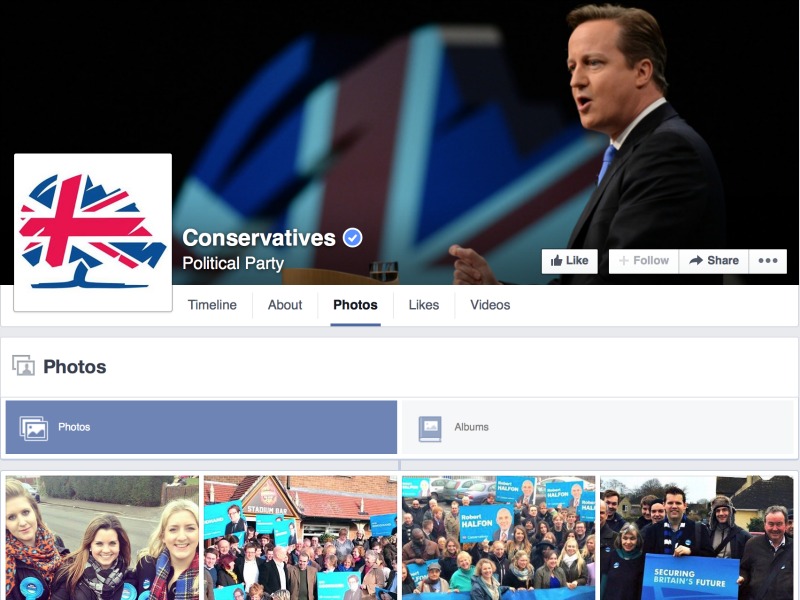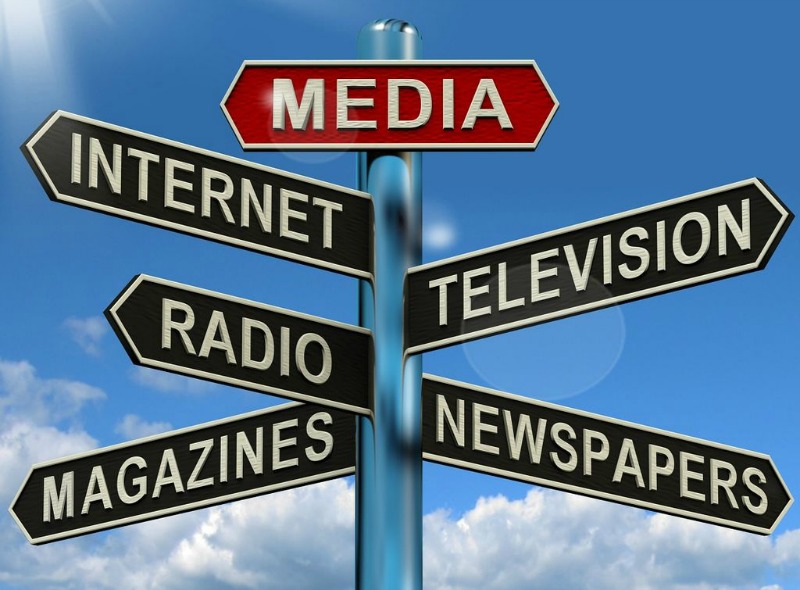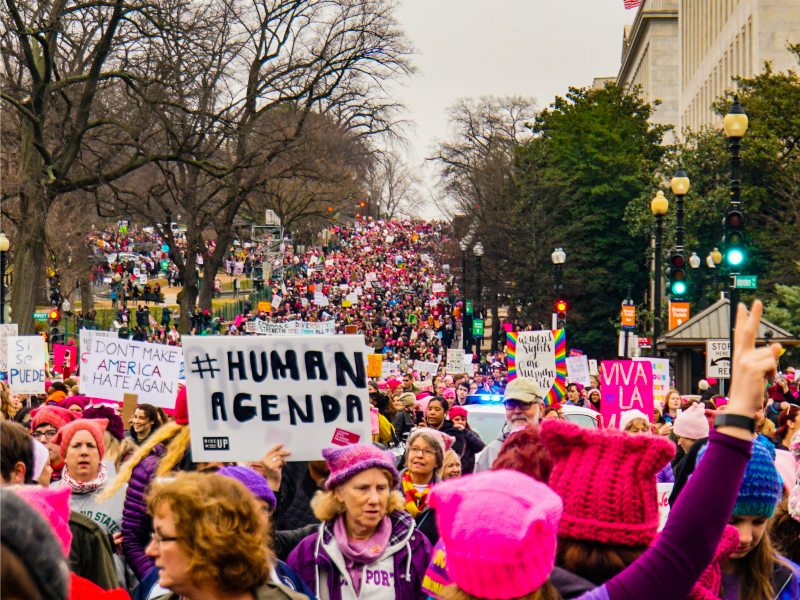Hill+Knowlton Strategies 10 Feb 2015 // 8:44AM GMT

At first glance, the piece about the Tories spending £100k a month on Facebook feels like one of those ‘MPs spend £1.4m a year on booze’ stories in the Mail or such (that one’s true by the way; click here for more of them).
A few years ago, this would have been controversial. Because the intonation would have been that the entirety of this was going to an overpriced marketing agency, which employed an intern to do all the work. But oh, how times have changed. It’s no longer just about excellent creative work or great content planning. We can’t work the algorithm any more. Getting your posts seen by people is no longer tied to smart use of best practice, calls to action, or even those ever-handy-but-now-sadly-demised polls – it’s about the money.
We’ve steadily seen the decline of organic reach over the past 18 months, as Facebook has fundamentally changed its business model and done a tremendous about-turn. No more is it recommending that you invest in growing Likes to create an engaged group of fans who will do your advocacy for you, it’s realised through a series of research projects that a scary minority of consumer sales come from those that have ‘Liked’ your page, and a HUGE majority comes from those on Facebook – but haven’t liked your brand’s page.
Ergo, instead of buying Likes, Facebook is telling brands to view the site as an at-scale reach platform, and to pay to serve content into people’s newsfeeds.
This is why the Tories’ bill is so strange, as they don’t seem to be spending the majority of their money on newsfeed ads – they’re paying mainly for Page Likes (hello 2008!), and emails.
On the Page Likes, I’m astounded. See above for explanation of why. While the FMCG model is very different to that of voters and theoretically, gathering donations, the ratio of split for ROI across fans, non-fans, and people not on Facebook is similar enough across multiple sectors to suggest that the same rule should apply. Plus, Facebook’s whole spiel isn’t about that any more.
On the email bit, it’s just another thing that suggests the Conservatives are missing the point. It’s as if a really old-school marketer has just looked at the site as a data collection source; rather than working out the benefits of using the platform for it’s actual value.
However, the BBC’s point about “Facebook being more expensive than traditional election balloons” in terms of monetary support, while strictly true, is also a little black and white. That’s like saying that a brand gets no benefit whatsoever from things like brand awareness, and value of marketing investment can only be measured by direct sales. Trust me, the millions of pounds being spent by FMCG brands on Facebook alone every year proves that that’s not entirely accurate.
But it’s this bit of the Beeb’s story that makes most sense to me; ‘None of them though can guarantee their messages will reach beyond their already-committed activists to the undecided voters who will, in the end, decide the election”.
Even though that’s exactly what the Tories have the opportunity to do on Facebook – they just aren’t taking advantage of it. And so, it’s not the 100k/month price tag that’s particularly surprising – it’s what it’s being spent on.

Vikki Chowney is director of content and publishing strategies at H+K Strategies UK.


































.jpg)


.png)
.jpg)











